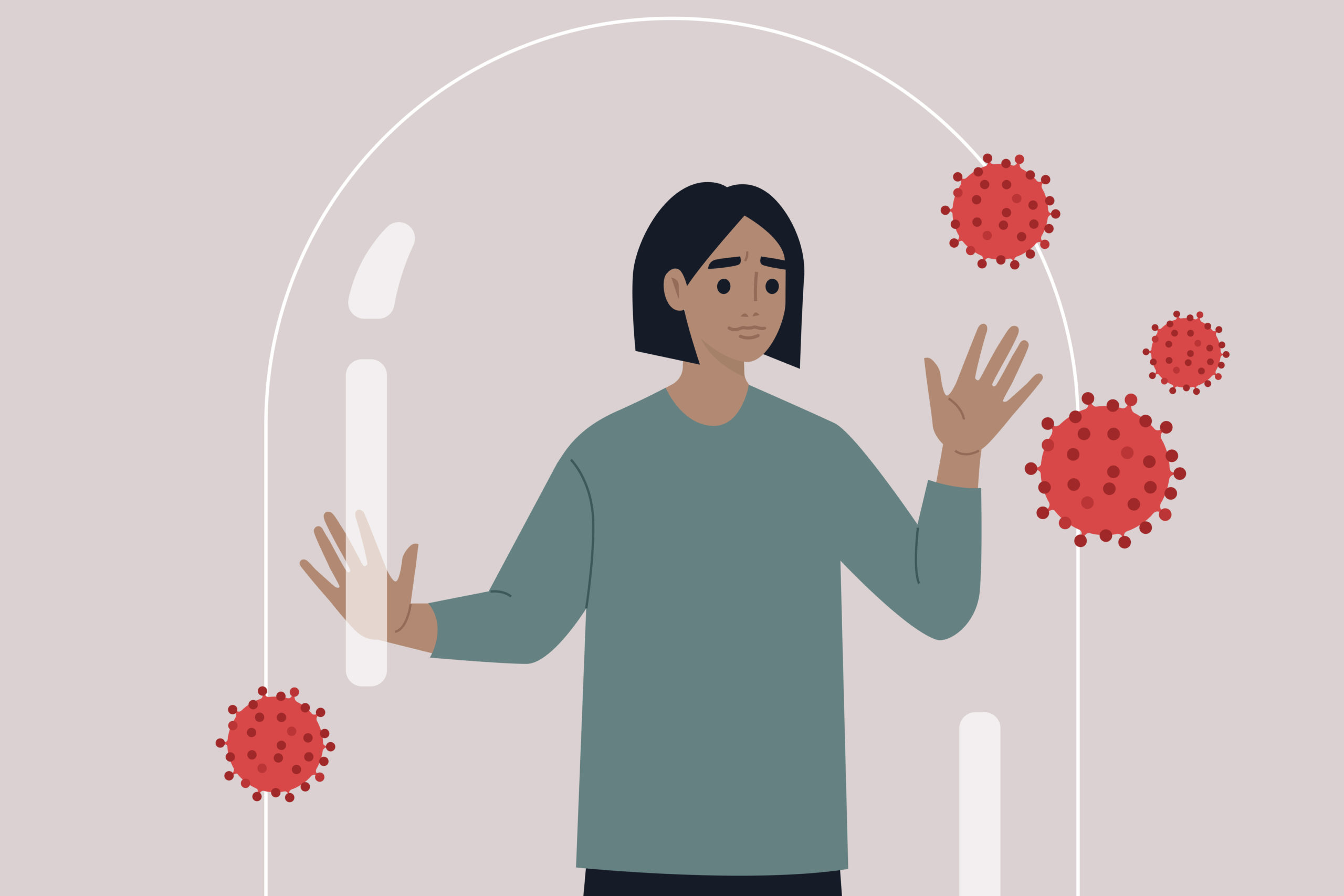 By Sarah Doherty, a Relationship counsellor and sex therapist. Since 2009 Sarah has been helping hundreds of couples and individuals to create more satisfying relationships and sexual intimacy. Everyone deserves to have happy relationships and sex. To help you we have our expert Sarah on hand to share advice.
By Sarah Doherty, a Relationship counsellor and sex therapist. Since 2009 Sarah has been helping hundreds of couples and individuals to create more satisfying relationships and sexual intimacy. Everyone deserves to have happy relationships and sex. To help you we have our expert Sarah on hand to share advice.
If it feels like you and your partner are on totally different pages about when to have sex and you are worried about being incompatible read on.
- Firstly an important reminder that all couples have to deal with mismatched sex drives. Even couples that have similar libidos rarely want sex at the exact same time, but most couples have pretty different sex drives. It’s one of the most universal issues that couples struggle with.
- I can assure you that you can have a pleasurable and satisfying sex life even if your libidos are different. When your sex drives don’t match and you don’t have the tools to balance them, it’s easy to feel like it’s a stuck dynamic that will never change. But it is absolutely possible to get on the same page about your sex life!
Take a couple like Susie and Matt. Busy professionals in their mid 40’s, with young children. Matt has always had a higher sex drive and Susie understandably went through some major struggles with her sexual desire after the birth of their children. Susie and Matt have had a lot of serious fights over how often they have sex, and they both feared that they just weren’t compatible enough to make their relationship work.
When I asked them what they learnt from Sex Therapy, Susie described how they became more informed about the fact that some people need to feel connected to have sex, and some people need to have sex to feel connected. She said “I’m in the first group, and Matt is in the second group. Over time I realized that I had been judging Matt for wanting sex so often, and thinking it was this stereotypically male thing and selfish given our life situation had changed so much.”
Typically people fall into one of two groups:
- People who need to feel connected in order to have sex.
- People who need to have sex in order to feel connected.
So if one partner needs to feel connected in order to have sex, and the other partner needs to have sex in order to feel connected you can see the paradox and potential for conflict.
In heterosexual relationships, it’s often, but not always, the woman who needs to feel connected first. Here’s one of the powerful reasons why: men and women are socialized very differently when it comes to emotions. Women are given societal permission to be emotional creatures. We can tune into our emotions and often freely talk about them.
Men, on the other hand, are taught that they’re not supposed to be emotional. To have emotions is to be weak and men are socialized to believe that the only truly acceptable way for them to connect with another person without being judged is through sex. Then clearly they may be seeking it frequently, not for the sake of getting off physically, but actually to feel connected.
Sure, guys also have casual sex just for the sake of having sex. So do women, for the record.
But in relationships, or with someone they care about, sex is one of the primary ways men connect. Some of the challenge presented to couples is also to improve the emotional connection via talking and sharing as well as by being physically intimate together.
When it’s the woman in a relationship who wants sex more often than the man, or in same-sex relationships, these gender stereotypes don’t come up as often. But the partner with the lower sex drive tends to judge the partner with the higher sex drive as just wanting sex in order to have an orgasm. Whilst the person with the higher sex drive often feel controlled by the lower desire person, saying: “if you don’t want sex, it doesn’t happen, but if you do it does, and that feels unfair!”
Susie said, “In the past, I would often push myself to have sex with Matt even though I wasn’t in the mood. Sometimes it just felt easier to do that than to turn him down and deal with the sulking and upset. But Matt would still complain that he didn’t like having sex when I wasn’t into it. I used to think he was being so selfish and demanding. He was getting sex, shouldn’t he be happy? Now I realize that he didn’t just want to have sex. He wanted to feel close to me. He wanted to feel like I was sharing that moment with him. I was assuming it was just a physical urge, like an itch he needed to scratch.”
What couples learn is that sexual intimacy could take many different forms and doesn’t have to just be straight intercourse for them to feel connected. It could be as simple as just lying together naked touching and kissing.
So try taking a step back when you are judging your partner and look at it from this lens. What if what your partner is really wanting is to connect with you? To be present with you? To share with you? To express their love for you? Does that change how you feel about their desires and be more open to some type of physical expression of love?
Matt said, “Once we were able to put a language to our situation, we both felt so much lighter. We realized that our needs are more aligned than we thought. We both want to feel close to each other and stay together. The fact that we get to those places in different ways doesn’t feel like such a barrier anymore. It feels more like a puzzle that we can solve together. How do we make sure we’re both getting what we need to feel close to each other in these different ways?”
Tools to use at home
If you and your partner struggle with mismatched sex drives, sit down together and ask each other these two questions:
- What makes you feel interested in being emotionally intimate?
- What makes you feel interested in being sexually intimate?
See if you can make a list of five things that help you feel interested in being emotionally intimate, and five things that help you feel interested in being sexually intimate.
Here are some possible answers:
- I feel emotionally intimate with you when we spend quality time just talking and snuggling without distractions, and I feel interested in being sexually intimate with you when we have a weekly date night.
- I feel emotionally intimate with you when you tell me why you love me, and I feel sexually intimate when we set the mood with candles, music, and mood lighting.
- I feel emotionally intimate with you when you tell me the ways that you need me, and I feel interested in being sexually intimate with you when you give me slow, deep kisses.
Asking the questions in this way helps you focus on giving each other what you need both emotionally and sexually. It takes the focus off of what comes first – emotional intimacy or physical intimacy, and helps pay attention to both at the same time.
Let me know what answers come up for you!
All names are fictional and situations represented are of typical scenarios presented in therapy, statements are from a mix of real couples but altered not to be identifiable and used only with prior permission.





